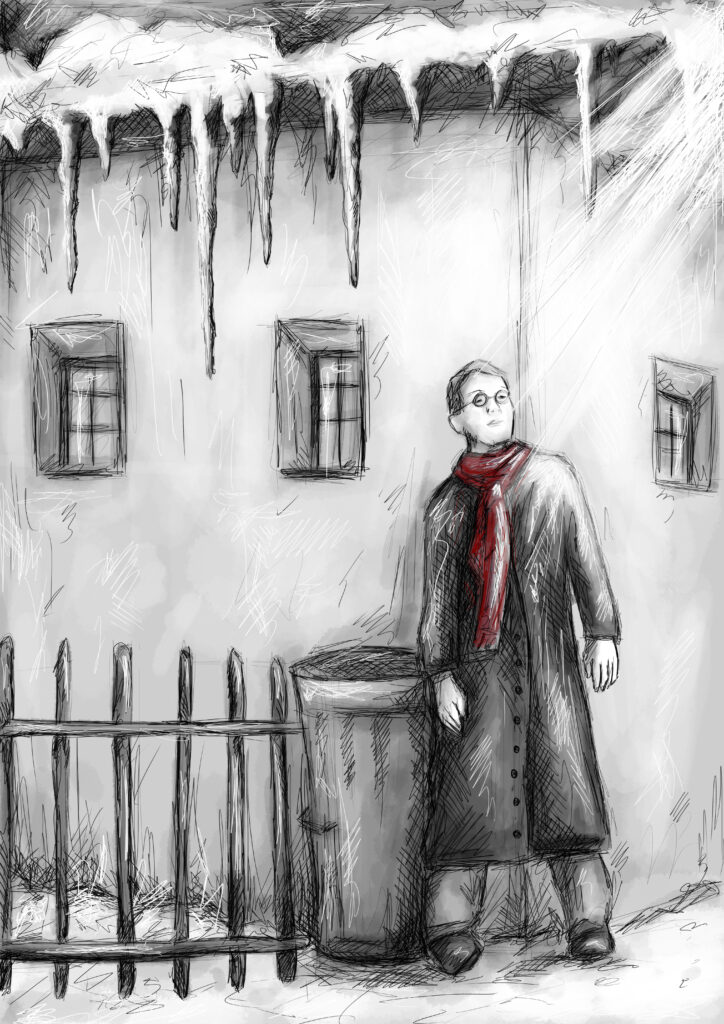Who is Ján Havlik?
Ján was born on 12th February 1928 in the village of Dubovce in Záhorie region. He attended school in Holíč and from 1941 he attended the secondary grammar school in Skalica. It was then that he started to consider a spiritual vocation. He chose the Missionary Society of Saint Vincent de Paul.

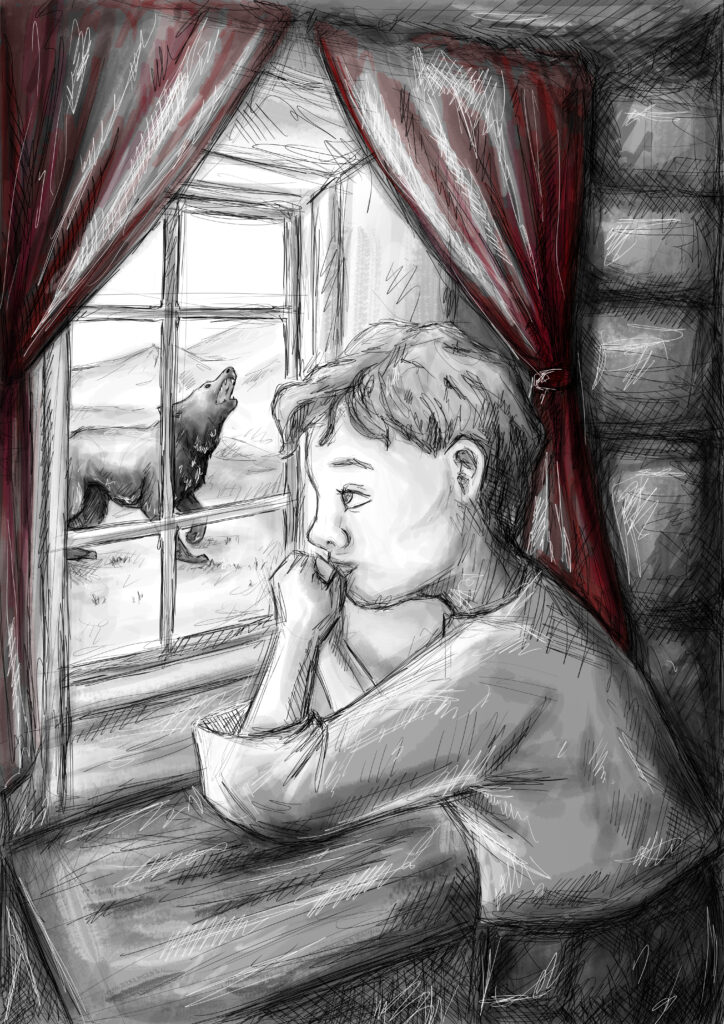
In 1943, he joined the Vincentian Apostolic school in Banská Bystrica. Due to political changes, he was able to graduate only in May 1949 and joined the novitiate at the end of August. In 1950, the communist political power decided to shut down all the institutes of consecrated life. Ján Havlík and his fellow brothers were deported to the construction site of a dam near Púchov. He was released after three months. Since the Theological faculty in Bratislava was controlled by the communist regime, he decided to study theology secretly, alongside his job in Nitra and to continue his seminary formation at the Vincentians.
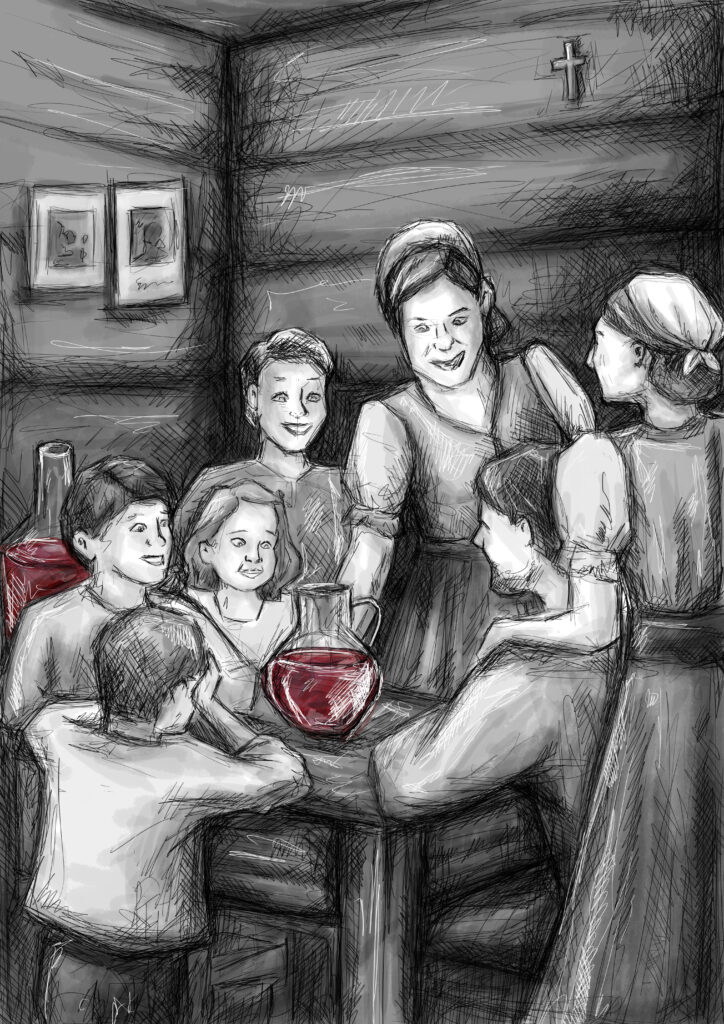
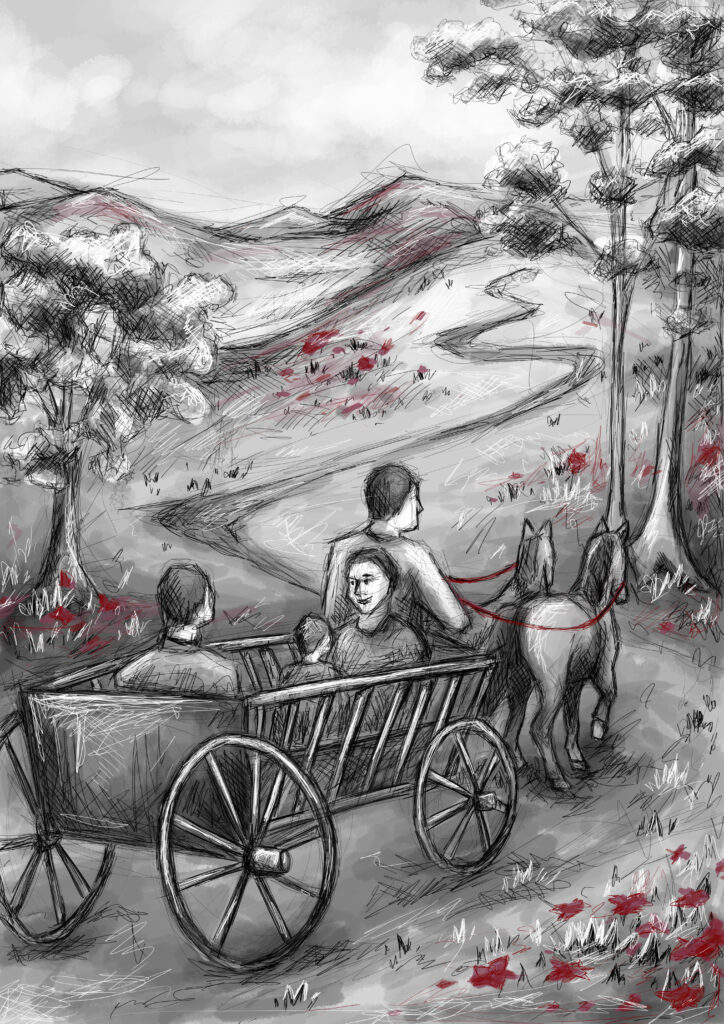
On 29th October 1951 he was, together with the other novices, arrested by the ŠtB (State Security). He spent 15 months in pre-trial detention, where, by means of frequent torture, they tried to get a “confession” to anti-state activities from him. In February 1953, the court sentenced him to 10 years of prison for treason (originally 14, but the sentence was decreased to 10 years on appeal). Despite everything, he retained his peace, surrender and heroic love towards his enemies. He became a "MUKL" (abbreviation for a man destined for disposal). He first worked in the uranium mines of Jáchymov. From 1958 he was imprisoned in Ruzyne, where he was tortured "in white gloves" (psychological torture). The reason was yet another trial, which sentenced him for missionary service among his fellow prisoners and increased the sentence by one year.
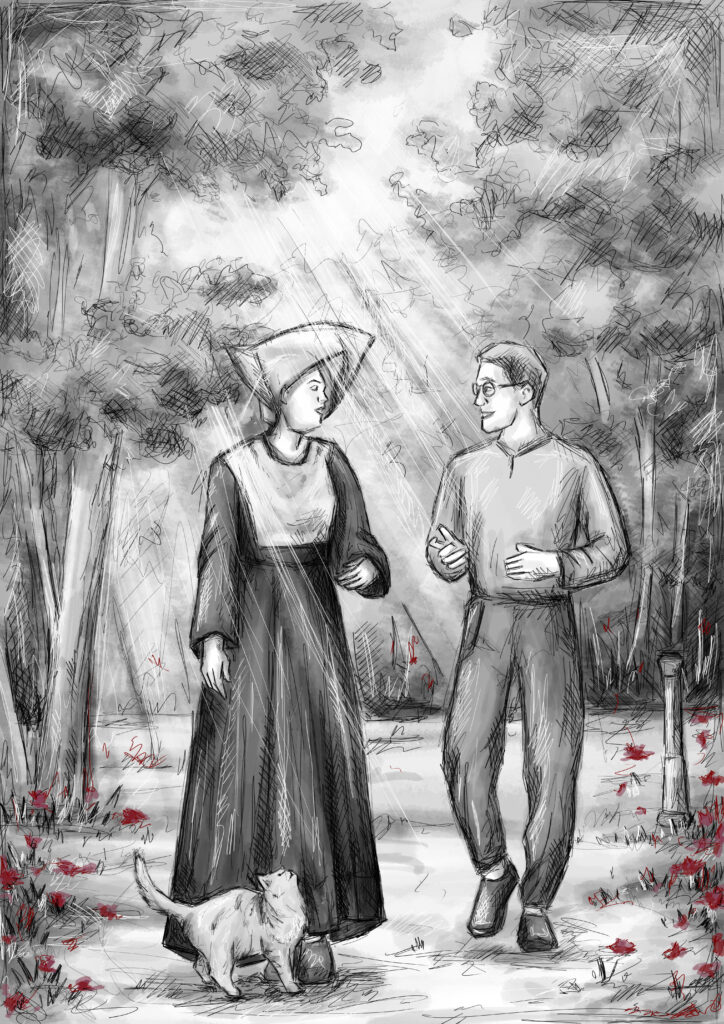
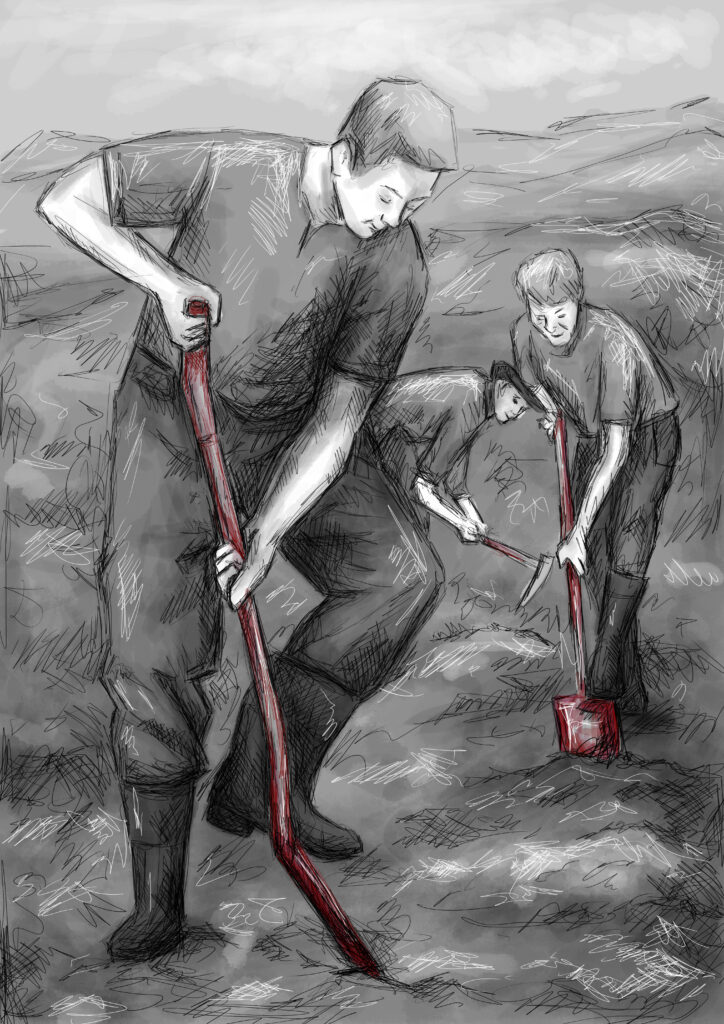
In 1960, due to his health condition, he had to be transferred to the prison hospital in Ilava. On 29th October 1962, he was released, after serving the entire 11-year sentence. He lived his final three years with severely impaired health and the consequences of mental and physical tyranny. On Christmas Eve in 1965, he was sent home from the hospital to his parents for the festive season. On the morning of 27th December, on the feast day of St. John (Ján in Slovak), he decided to go and see a doctor. His mother asked him to take a radio for repair on the way. As Ján walked the streets of Skalica, walking became more and more difficult. He stopped next to a kind of household waste bin. Coincidentally, it belonged to a local doctor. When he spoke to Ján, there was no reply. With the help of a passer-by, they carried Ján inside. However, they discovered he was no longer alive. He was dying in the midst of a town and yet in complete solitude. The only witness of his death was God.

